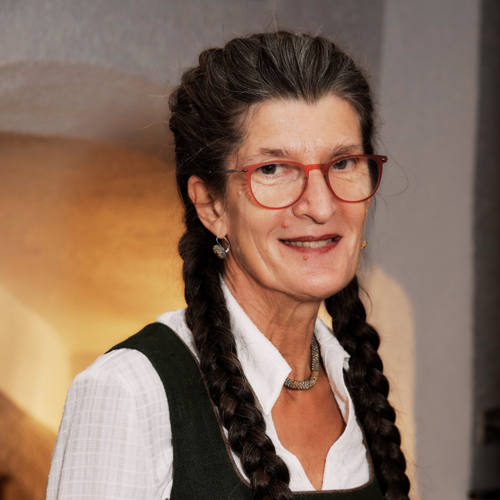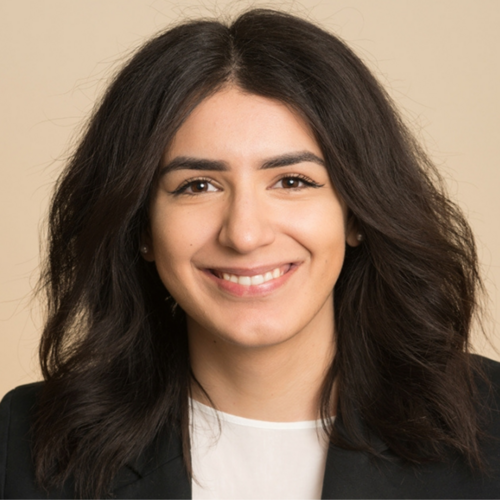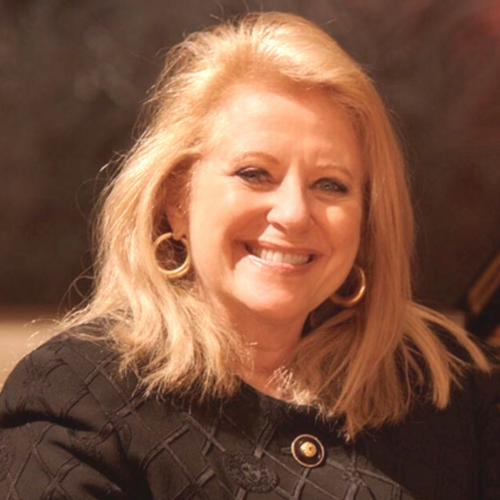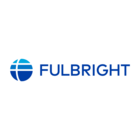I applied for the Fulbright Program in 2016 and having heard much about how life-changing of an experience Fulbright is, I was nervous and excited at the same time. I spent many hours preparing for substantive and personal questions on the interview, but ultimately, I also told myself that it was about being confident in what you know and staying authentic in portraying your views, passions, and ambitions throughout the interview. The interview was a pleasure but certainly challenging too because of the many brilliant and also critical questions, but that’s what makes Fulbright so unique: the program is looking for personalities who are not only capable in their field, but also able to communicate their knowledge and opinions to others and to flexibly engage in discussions that challenge their views and perspectives in their field of specialization.
Being a panelist is a very responsible task. As a panelist, it was important to me to obtain a complete picture of every single applicant and to be able to fully grasp their pathways, their expertise, their personality, and their aspirations in life. That meant having gone through each application thoroughly to understand their study and research objectives, to be able to discuss them on a substantive and critical basis, and to ask questions that allowed the panel to get to know the applicant better as a person. Throughout the interviews, I was very impressed with the strength of all the candidates, as well as the diversity of their profiles and specializations. I am very proud to see that so many brilliant individuals will be carrying on the legacy of the Fulbright Program in the future.
There are many things that make a Fulbrighter. In the interview process, I looked for individuals that stand out—ideally through a combination of their academic achievements and professional experience, the strength of their study and research plan, and their ability to think outside the box and engage in thought-provoking discussions. Another priority is that the individual is interested and able to fulfill the Fulbright mandate in the future: that is, to be able to give back to society in some shape or form in the future and to promote cultural and academic exchange between Austria, the US, and beyond.
On the one hand, I believe that my rather recent experience completing a degree in the US as a participant in the Fulbright Program has the benefit of my being aware of the journey the next generation will embark on very soon. On the other hand, ever since I completed the Fulbright Program, I was fortunate enough to experience many professional adventures both in academia and in the practice of public international law, allowing me to use my expertise in the field for law-related discussions on the panel. On top of that, as an early-career professional in public international law, I believe I know not only the field very well, but also the exigencies of the current job market in academia and practice, which has changed quite a lot in the past years and decades and provides important knowledge to be able to understand the potential of every application in the field.
There are so many ways to continue to stay engaged with Fulbright, both on a personal and a professional level. I think there are wonderful opportunities to stay connected with past and present Fulbrighters and the Fulbright Austria team through all the great social events, but as Fulbright alums who are now professionals in their fields, I believe it is also crucial to give back in a professional capacity, either by supporting Fulbright Austria in its work, or by mentoring future Fulbrighters in their careers and ambitions.



